"I recently visited Thetford Academy in Vermont (one of the few and interesting public-private academies in New England) where they have a formal and explicit commitment to “experiential learning.” So, the leaders of the school asked me to visit classes that were doing experiential learning and to talk with staff at day’s end about it."
Get Started for FREE
Sign up with Facebook Sign up with X
I don't have a Facebook or a X account
 Your new post is loading... Your new post is loading...
 Your new post is loading... Your new post is loading...
Lisl Trowbridge's curator insight,
October 15, 2014 1:23 PM
Wiggins provides 7 key elements of feedback.
Tony Palmeri's curator insight,
October 4, 2015 7:27 PM
Feedback and advice are not synonymous!
Great suggestions on providing effective feedback. Giving feedback that is actionable is important when providing instructional supervision and support. 
Erin Ryan's curator insight,
October 19, 2015 8:15 PM
Feedback is information given to help us understand how we are doing when working to achieve a goal. Feedback should be goal-referenced meaning the information we provide gives the person information as to whether they are on track. It should be tangible and transparent, actionable, user-friendly, timely, ongoing and consistent. Specific examples of what was right and what needs work are very important to the receiver. As administrators, we need to be continuously providing our teachers feedback both formally and informally through meetings (face to face), discussions, emails. |

Shafeeq Husain's curator insight,
September 26, 2015 11:06 PM
What else could a curriculum be, other than parcelling out learning in clear and logically-sequenced elements. |



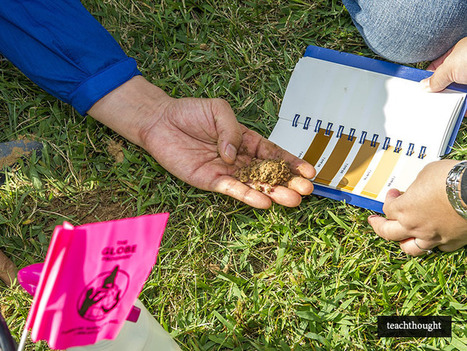

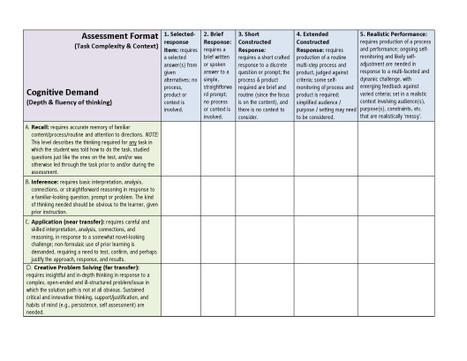
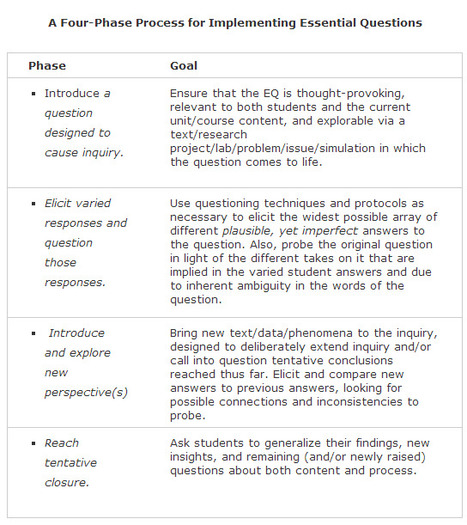
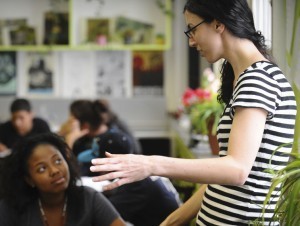
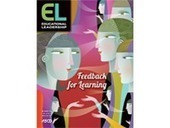

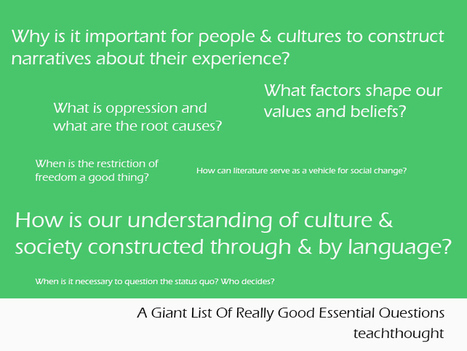








For sure when using the experiential method of teaching and learning, the teacher must emphasize what areas of the teaching/learning process the learners must master and transfer or otherwise the learners might simply take the learning for granted.
We must link learning to student passions to make hands on minds on.